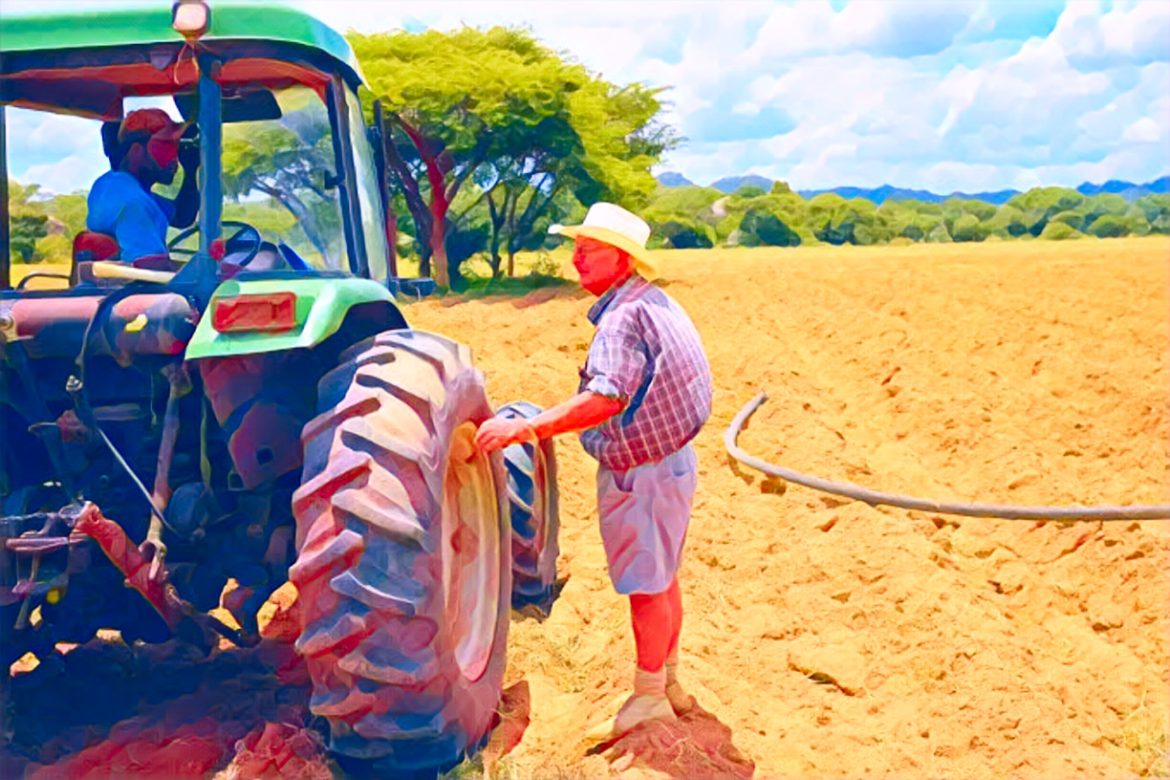KEY POINTS
-
Zimbabwe has begun issuing its first compensation payments to white farmers displaced during early 2000s land seizures, disbursing US$3 million as part of a broader US$3.5 billion agreement signed in 2020.
-
The government is compensating for infrastructural improvements—not the land itself—and plans to use Treasury bonds to fund the remaining approved claims.
-
Analysts view the payments as a critical step toward repairing Zimbabwe’s international standing and reviving its struggling economy.
Zimbabwe’s government has commenced its first official compensation payments to white commercial farmers who were forcibly evicted from their lands more than two decades ago under a controversial land reform programme.
The initial disbursement, totaling US$3 million, marks a significant milestone in the country’s efforts to reconcile with former landowners and mend strained relations with the international community.
The payments follow a landmark agreement signed in 2020 between Zimbabwean authorities and a group of dispossessed local white farmers. Under that deal, the government committed to pay US$3.5 billion in compensation, not for the land itself—which it argues was unjustly acquired during colonial rule—but for improvements made on the farms, such as buildings, irrigation systems, and other infrastructure.
“One of our commitments as we try to reform the Zimbabwe economy, to clear our arrears, is really to compensate the former farm owners who lost their farms during the land reform programme,” Finance Minister Mthuli Ncube said. “We have now begun to honour that agreement.”
The initial US$3 million payment will cover 378 farms out of 740 that were approved for compensation in the first batch, representing only about 1% of the total $311 million allocated for this phase. The remainder is expected to be paid through US-dollar denominated Treasury bonds.
Compensation signals attempt to restore economic stability
Between 2000 and 2001, then-President Robert Mugabe endorsed a campaign that saw thousands of white farmers removed from their land, often violently.
The BBC reports that the campaign was part of a broader land reform agenda meant to correct colonial-era injustices by redistributing land to black Zimbabweans. However, the execution of the plan led to a sharp economic downturn, hyperinflation, food shortages, and the near-collapse of the country’s agricultural sector.
The seizure of farms also caused a diplomatic rift between Zimbabwe and Western nations, many of which imposed sanctions and withdrew financial support. The country’s access to global credit markets was significantly reduced, leaving it saddled with massive foreign debt and limited external investment.
President Emmerson Mnangagwa, who assumed office following the ouster of Mugabe in a 2017 coup, has taken steps to repair international relationships. While maintaining that land reform is irreversible, he has emphasized the importance of compensation as part of broader economic reforms aimed at attracting foreign investment and clearing Zimbabwe’s financial arrears.
“We are not reversing land reform, but we are committed to redressing the wrongs that occurred during its implementation,” Mnangagwa previously stated. “Compensating affected farmers is essential to rebuilding trust with the global community.”
Harry Orphanides, a representative of the former farmers, told the BBC that more individuals are now coming forward to sign onto the compensation agreement. However, many remain skeptical. A significant number of dispossessed farmers have yet to enroll in the scheme and continue to hold onto their original title deeds, fearing the government may not fully honor its commitments.
Adding to the complexity, the Zimbabwean government has prioritized compensation for foreign nationals whose farms were protected under bilateral investment treaties. In January 2025, it began making separate compensation payments to those foreign investors.
Land remains a deeply emotive and politically charged issue in Zimbabwe. At the time of the country’s independence in 1980, roughly 4,000 white farmers—most of whom had benefited from colonial land policies—owned vast swathes of fertile land. The land reform initiative was originally seen as necessary to redress this imbalance. Yet, the manner in which it was carried out left behind a legacy of economic ruin and deep societal fractures.
Analysts now say that the current compensation payments, though limited in scale, represent a critical first step in Zimbabwe’s re-engagement with international lenders and Western governments. If continued in good faith, the programme could pave the way for renewed economic partnerships and support for the country’s rebuilding efforts.
“The land compensation is not just about money—it’s a symbol of Zimbabwe’s commitment to moving forward and reconciling with its past,” said one Harare-based political economist. “Whether or not this leads to meaningful reform depends on consistent implementation and transparency.”


